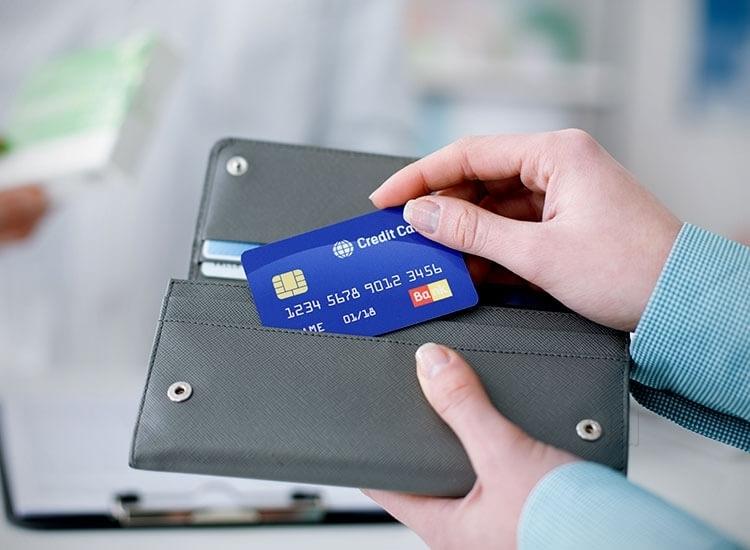5 Things You Need To Know Before Investing

Investment is an instrumental tool to take charge of your financial goals. But it comes with its own sets of risks. Understanding the principles of investment will reward you with a solid foundation before you start your investing journey. Otherwise, you may end up with major financial troubles.
First things first, are you ready to invest?
Before you start investing, there are several things you need to be equipped with.
- Are you free of high-interest debts? It would be a wise move to clear outstanding debts before you venture into the world of investing.
- Do you have an emergency fund that covers 3 to 6 months of your living expenses? If you don’t, get started to set up an emergency fund before you spend money to invest.
- Do you have a brokerage account? You need to set up the Central Depository Account (CDP) in Singapore to start investing. You can either apply through banks or create an account via retail brokers.
Where to invest in Singapore?
Here is a list of platforms that you can invest in Singapore.
This is perhaps the commonly known investment plan amongst Singaporeans. It has a low-risk level, and the interest return is encouraging compared to other types of investments.
It is one of the safest investments as the government will issue you bonds with minimal risk. You may also redeem your bond(s) earlier without any penalties charged.
Investing in ETFs will give you the satisfaction of diversifying your investments. Although you invest in several companies, you have lower risks with the best use of your money.
It is the latest sensation in the investment world. You can let the algorithm evaluate and suggest to you any type of investments and risk level you wish to go for.
This is a platform where you can purchase and exchange assets from other investors. The unpredictability of the stock market causes higher risks yet greater profits.
This is highly suitable for those who love passive income through real estate.
5 Golden rules for investing for beginners
-
Never rush
Investing is not something you should rush into. It is a huge responsibility where you need to consider a few important factors that will influence your investing ability.
One of the important factors is your age. Generally, the younger you start, the bigger the risks you can take and you can also greatly benefit from the compounding effect. That is why leading finance experts encourage you to start investing young.
Next is your dedication to planning. You have to take some time to do your own research. There are different types of investments that you can explore with. A good understanding is crucial before you take a calculated risk.
The ultimate plan is to set a goal. You need to have both short and long-term goals in order to keep your financial habits on track. These goals will also keep you in check and prevent you from making emotional moves while investing.
-
Start with smaller risks
Your debts and financial backup will predict the weight of your potential risks. As a beginner, keep your risks to minimal and start by investing in low-risk bonds, funds, or shares. You have several safer options, to begin with.
An example would be the Singapore Savings Bond (SSB). It is a slow and steady way to earn profits. Unlike other types of bonds, SSB offers you maximum security throughout your investment. You will have fixed interest returns for a fixed period of time. So, you don’t have to worry about losing much of your money when you are still new to investing.
You can also go for low-risk Exchange-Traded Funds. You have the choice of putting a large sum of money at one go or contribute monthly according to your budget.

-
Know the investment fees and charges
Anything that you purchase or pay for will have its own fees and charges. Likewise, you will be entitled to a number of charges when you use external parties to manage your investments.
At the early stage of investing, you may be charged on the transaction and initial sales fees. It depends on the mode of your investment. The fees and charges vary according to the amount you invest and the number of units you purchase.
In most cases, you will be paying a broker or management to help manage your investments. The routined charges can be monthly or annually. There are several other fees that you may need to pay if you redeem or switch your funds. Again, it is best you understand the rates before you simply pay.
Though the percentage seems small, in the long run, the costs might affect your investment portfolio.
-
Diversify into different platforms
Diversity is a rule of thumb when it comes to investment. When you capitalise on more than one type of fund, you get to experience a stronger and wider spread of investment. In the midst of the pandemic, spreading your money into quality investments will help sustain and minimise the risks.
Diversifying your investment portfolio will help even out the possible loss that might occur. You can maximise your returns while minimising the risks.

-
Maximise your CPF Investment Scheme
Every Singaporean and permanent resident employee is entitled to the CPF Investment scheme. It literally means that you are already investing without even being aware of it. However, do you know that you can upgrade your CPF investments?
The first step you should do is by transferring your funds from the Ordinary Account (OA) to Special Account (SA). Now, why would you need to do that? Because you will be increasing your interest rate from 2.5% to 4%.
It is the easiest way for your money to grow without much interference But if you wish to earn more through CPF, you can use your fund to invest in other investment products. You can aim for higher-risk investments with your regular Ordinary Account (OA) or target lower-risk investments once you have upgraded to Special Account (SA).
Other than upgrading accounts, CPF also has external investment schemes associated with banks such as DBS, OCBC, and UOB. Your earnings will be credited back to your CPF account.
The best time to invest is now
The sooner you start investing, the more time you have to learn and build a better investment portfolio. The small amount of money that you invest today will give you a greater return in the long run if you make the right moves and take well-calculated risks.



